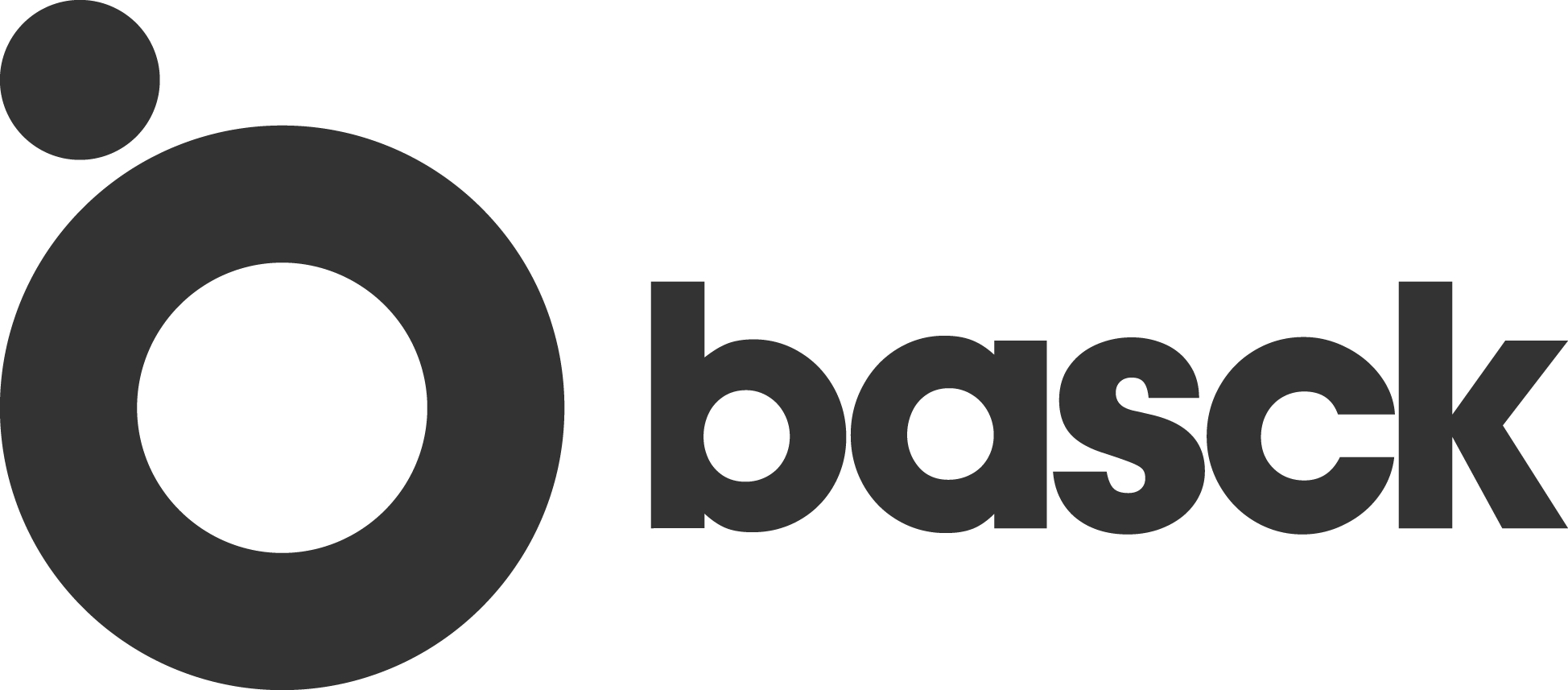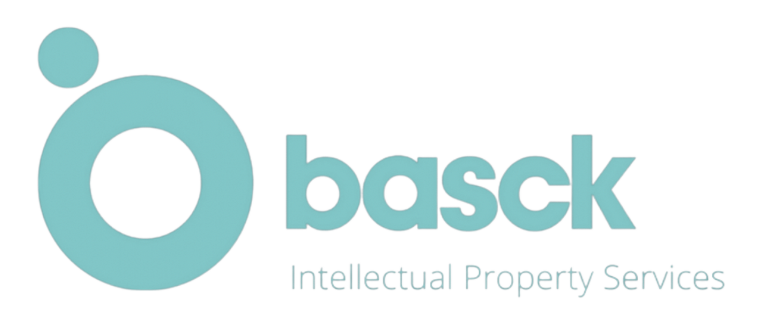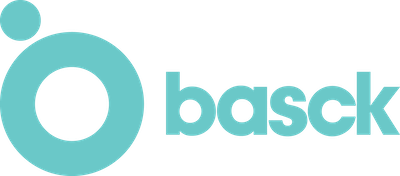With the current race for innovation in this day and age, we are discovering various cutting-edge technologies are emerging every year; AI being one of the most recent ones. Before we could even understand its depth, we are now coming across AI-generated works. Our current laws have encountered various hurdles in defining the scope of laws governing them. Furthermore, balancing the rapid development while also adapting the laws to fit the dynamic nature of AI can prove to be challenging. There is no cut-and-dry definition of AI which also makes it difficult to categorise AI-generated works. So can AI be listed as an inventor? This became a hot topic after Dr. Stephen Thaler listed DABUS, an AI, as an inventor in a patent application. This is what various countries in the world decided:
AI as inventor in EPO
The European Patent Office referred to the provisions of the Patent Convention and held that in order to be an inventor, a person must be a ‘natural person’, and therefore an AI system cannot be designated as an inventor.[1] A similar decision was taken by the German Patent and Trademark Office, where they declared that ‘DABUS’ cannot be an inventor since an inventor has to be natural person. [2]
AI as inventor in USA
U.S. had a similar standpoint in the case of Thaler v. Vidal[3], where it was held the application was rejected on the basis that it did not list a human inventor, and was therefore incomplete. Moreover, the definition of an ‘inventor’ under the U.S. Patent Act clearly defines the term as an ‘individual’, and while this term is not defined, the Supreme Court clarified that an ‘individual’ is understood as a ‘human’.
AI as inventor in Australia
The Australian patent system initially took a favourable view of this, where Justice Beach held that AI can be ‘inventors’. [4] However, an appeal to the Full Federal Court, which had a five judge bench, squashed this judgment on the basis that the application does not comply with Reg 3.2C(2)(aa) as the inventor does not identify as a natural person. Additionally, it also mentioned that the previous decision would not comply with Section 15 of the Act[5], which deals with the grant of a patent, and requires the inventor to be a natural person.
AI as inventor in China
Along the same line, China has also decided against AI as an inventor. Article 13 of the Rules for the Implementation of the Patent Law of the People’s Republic of China refers to an ‘inventor’ as a ‘person’.[6] The Guidelines for Examination further reiterate that an ‘inventor’ shall be a ‘person’. [7]
AI as inventor in Singapore
Singapore has recently launched a National AI Strategy to promote technology after seeing trends in AI-related inventions. It has not expressly stated an opinion on either side. However, it has expressed practical concerns regarding AI-generated works qualifying as prior art. IPOS is willing to consider a joint inventorship strategy to tackle this issue, which, in this context, may be similar to an AI-assisted framework used in the majority of jurisdictions. [8]
AI as inventor in South Africa
On the other hand, DABUS was granted its first patent in South Africa on the 28th of July, 2021 by the Companies and Intellectual Property Commission of South Africa. However, South Africa does not define an ‘inventor’, and therefore does not restrict the filing of patents on that basis. [9]
Patent law was established to promote technological advancement through disclosure by rewarding the inventor with economic rights, attribution rights, and monopoly for a limited period. Where AI is considered, these rights do not have a place. Additionally, AI systems do not inherently process consciousness. While some consider this to be a premature discussion, on the other hand, there have also been discussions about sui-generis rights for AI-inventions.[10] Therefore, it has been suggested that, at present, a better approach would be to focus on its contribution to society rather than its title. This approach is generally termed the ‘functionalist approach’. [11]
Author: Richelle Tauro
[1] ‘Grounds for the decision of 27 January 2020 on EP18275174’ (European Patent Office, 2020) , available at
https://register.epo.org/application?documentId=E4B63SD62191498&number=EP18275163&lng=en&npl=false
[2] ‘EPO refuses DABUS patent applications designating a machine inventor’ (2019) EPO https://www.epo.org/news-events/news/2019/20191220.html
[3] Thaler v. Vidal (4th Cir. Aug. 5, 2022)
[4] Thaler v Commissioner of Patents [2021] FCA 879
[5] Section 15, Patent Act 1990 https://www.legislation.gov.au/Details/C2021C00062
[6] http://ipr.mofcom.gov.cn/zhuanti/jkblh/iplaws/patent/zlfxz.pdf
[7] http://www.chinadaily.com.cn/specials/guidelines2006(EN).pdf
[8] https://www.wipo.int/export/sites/www/about-ip/en/artificial_intelligence/call_for_comments/pdf/ms_singapore.pdf
[10] WIPO CONVERSATION ON INTELLECTUAL PROPERTY (IP) AND ARTIFICIAL INTELLIGENCE (AI), (May 2020), https://www.wipo.int/edocs/mdocs/mdocs/en/wipo_ip_ai_2_ge_20/wipo_ip_ai_2_ge_20_1_rev.pdf
[11] Ryan Abbott, ‘I Think, Therefore I Invent: Creative Computers and the Future of Patent Law’ [2016] 57(4) Boston College Law Review https://lawdigitalcommons.bc.edu/cgi/viewcontent.cgi?article=3522&context=bclr


